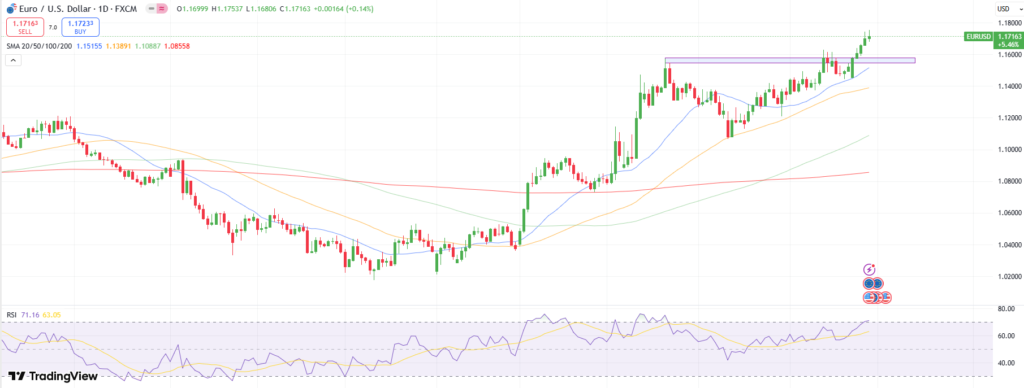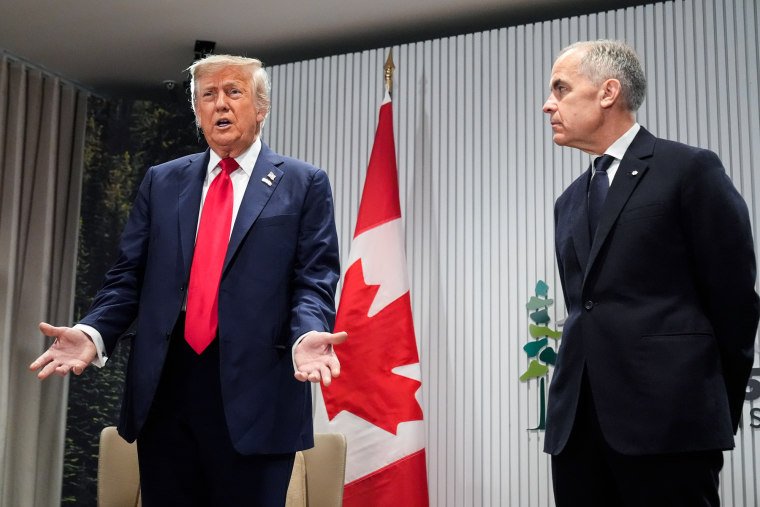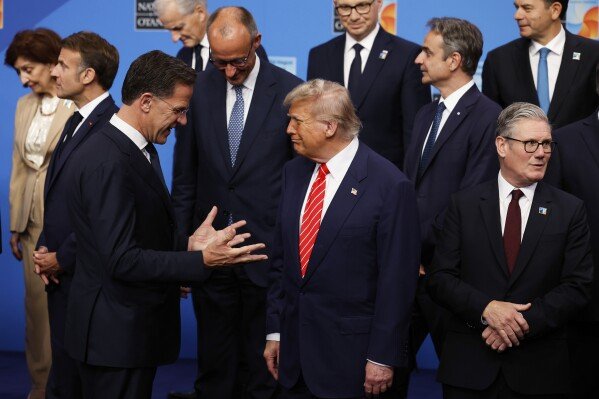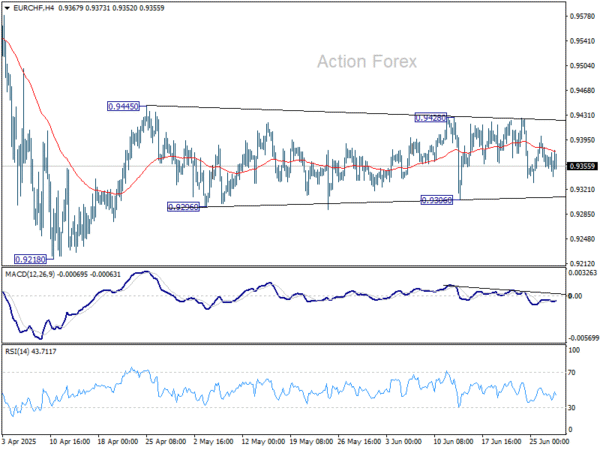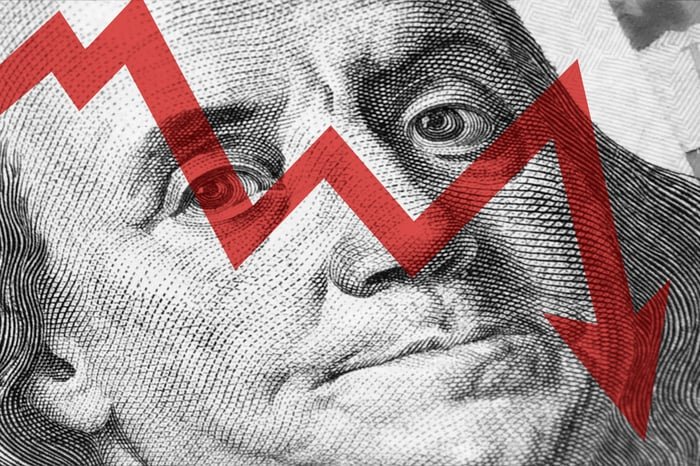In the last few weeks and months, U.S. President Donald Trump has given a number of rationales for escalating the trade dispute between Canada and the United States. On Friday, he zeroed in on Canada’s digital services tax — a new levy expected to cost the largest American tech giants billions of dollars in the coming years after it kicks in on Monday.
International trade lawyer William Pellerin was only shocked the U.S. president didn’t bring it up sooner.
“It’s actually quite surprising that it took them this long to make a big stink about this issue,” Pellerin, who works for McMillan LLP, told CBC News Network on Friday.
“If the U.S. was going to take a run at this and really has had a beef with Canada on this issue for a really long time, they really had no choice but to escalate that issue at the last minute now.”
Here’s what you need to know about the tax, which has been a thorn in the side of the Canada-U.S. relationship for years.
What is the digital services tax?
Canada’s digital services tax (DST) affects mega companies that offer digital services — like online advertising or shopping — and earn more than $20 million in revenue from Canadian sources. Giant companies like Amazon, Apple, Airbnb, Google, Meta and Uber will be taxed three per cent on the money they make from Canadian users and customers.
The levy has been in place since last year, but the first payments are due starting Monday. It’s retroactive to 2022, so companies will end up with a $2-billion US bill due by the end of July.
Why is Canada creating the tax?
Revenue is one big benefit. The Parliamentary Budget Office estimated last year that the tax would bring in more than $7 billion over five years.
The Liberals first promised the tax during the federal election in 2019 under former prime minister Justin Trudeau, but it was delayed for years because a number of other nations wanted to work together on one, overarching digital taxation plan that could be applied in multiple countries.
As the delays dragged on, Canada went ahead with its own tax plan.
Aside from revenue, Ottawa has pitched the DST as a way to bring the tax code up to date and capture revenues earned in Canada by firms located abroad.
What is the U.S. stance on the tax?
The United States has been hostile to the tax from the beginning because it largely affects American tech giants. Officials have argued the tax discriminates against American companies and Congress, notoriously divided between Democrats and Republicans, found a moment of common ground in criticizing Canada’s plan.
The Computer & Communications Industry Association has estimated U.S. companies could pay as much as $1 billion a year in tax if the measure remains on the books.
A number of industry experts — from lawyers to cross-border groups and commerce associations — have warned for years that the tax would strain the relationship between Canada and the U.S., with one going so far as to predict in 2023 that the tax alone would be to blame for a trade war.

Trump says he’s ending ‘all discussions on trade with Canada’
U.S. President Donald Trump said Friday he’s terminating all trade discussions with Canada effective immediately. He says he’s pulling back from the bilateral trade discussions because Canada plans to move ahead with its digital services tax.
Why won’t Canada delay the tax until the trade war cools down?
Canadian and U.S. business groups, organizations representing U.S. tech giants and American lawmakers all signed letters in recent weeks calling for the tax to be eliminated or paused. But Finance Minister François-Philippe Champagne said the legislation was passed by Parliament, and Canada would be “going ahead” with the tax.
Pellerin, the international trade lawyer, said he suspects the federal government will avoid changing its plan because it’s taken a strategy of avoiding knee-jerk reactions to Trump’s negotiation tactics.
“The Trump administration is not known for negotiating quietly in the back rooms or in the hallways of power … so I don’t think this is unexpected,” he said.
How could the U.S. retaliate?
Trump says he’s pulling back from the bilateral trade discussions because Canada plans to move ahead with its DST on Monday, a move he described online as “a direct and blatant attack on our country.” The move put the 30-day deadline to reach an agreement in the trade dispute into doubt.
The Biden administration also opposed the tax, but tried to resolve the issue differently: It asked Canada for dispute settlement consultations under the Canada-United States-Mexico-Agreement (CUSMA) last August.

That consultation period ended in November without the Biden administration taking the case to the next step, but there is no time limit on when the U.S. could pick that plan back up — so the CUSMA route is still available to the current administration if Trump wanted to move away from his current tactic.
Do other countries have similar taxes?
Yes. France, Italy, Spain and the United Kingdom all have tax regimes in place, to name a few.

